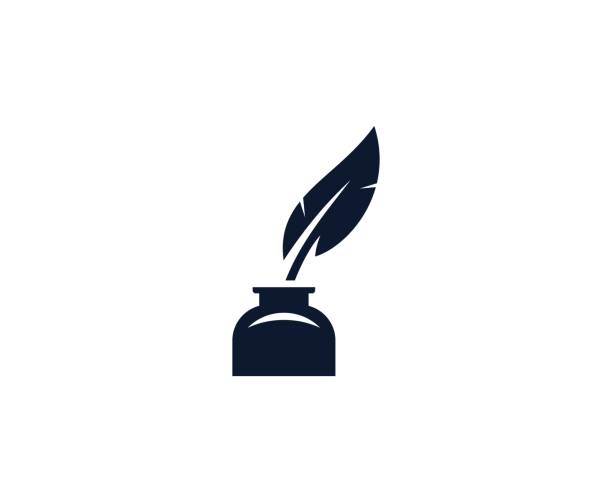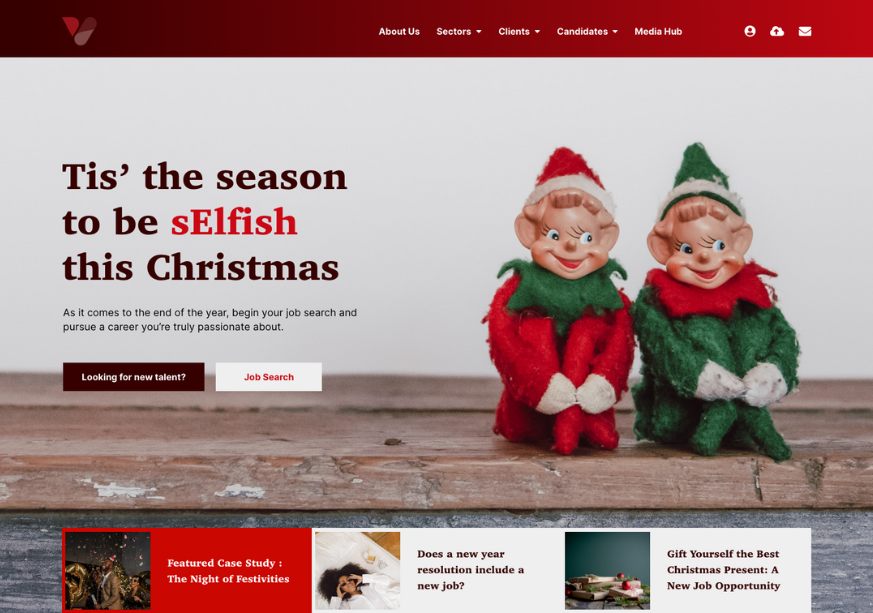First of all I would like to say that I am not a lawyer so anything that is written below hasn’t come from a law perspective, however, I am a photographer and this is what I’ve learned through what I do.
Venn deal with images every day, so we are ever mindful of copyright when it comes to using photographs and other creative works. This post will discuss what copyright is, who has it and when it can be applied.
What is copyright?
Let’s start with what copyright is: copyright is an automatic right that is awarded to creators of original works in any medium. This could be a book, a piece of music, a photograph or even a typographical arrangement. If someone has come up with a concept and recorded it somewhere then it is likely to be copyrighted. However, ideas cannot be copyrighted and if you haven’t recorded your idea and someone pinches it, I’m afraid you’ve just lost that brainwave.
If a piece of work is copyrighted (which most are as it’s an automatic right) you aren’t allowed to use or reproduce that piece of work without the copyright holder’s permission. This includes reproducing it in a different medium such as creating a painting of a photograph or including it in your own work especially if credit isn’t given.
So can I use your photo on my website/blog?
Honestly, no, unless you ask and I say ‘yes’. You need to have permission from the copyright holder (preferably in writing) saying that you’re allowed to use it. If you don’t have permission you could leave yourself open to legal action and this can cost a (photo)bomb.
However, I know a lot of photographers (myself included) who don’t mind their images being used or shared on non-commercial blogs and social media accounts for free as long as proper accreditation is given. After all, this is good publicity and free advertising. But, I (and other photographers) do mind you using our work if you’re making a quid or two without our permission and many of us will take action to prevent this or seek remuneration.
How can I find photos without paying loads of money though?
As mentioned previously, many smaller artists do not mind granting permission for you to use their work (for free or a small sum) as long as it’s used for non-commercial purposes, proper credit is given and you ask nicely. Otherwise you can look out for works that are listed under the Creative Commons licencing scheme.
This is a scheme that allows work to be shared and used, usually for free, if certain conditions are met. Often it will restrict the use of the work but it does give you the chance to share cool stuff. If someone has licenced their work under this scheme they will label their work as such so that you know you are allowed to use it.
You can search for images and works that use this scheme through the advanced search functions in Google and Flickr. Additionally, Getty have released thousands of their images for free use. You can search Getty to find suitable images which you can embed into your work.
But aren’t photos on the net in the public domain?
No. One mistake that many people make is that they assume that if your photo is put on the internet it enters the public domain. It does not. Nearly all creative work on the internet is subject to some type of copyright.
The public domain is for works whose copyright has expired (and that’s usually the life of the author plus 70 years), been forfeited or where copyright is not applicable (such as government documents and ideas which have not been recorded via some method such as speaking into a Dictaphone or writing them down).
However, laws vary from country to country so the use of an image in one country may not breach that country’s copyright laws but its use may still be illegal according to the copyright of the work’s/author’s origin country.
What can I do if I think my image is being used without permission?
Technology is amazing, you can shove your photo into Google’s Reverse Image Search or use TinEye to show you where your image has been posted. You can also get browser plugins which enable a reverse image search function directly from your right-click.
If you do find your image somewhere where it’s not supposed to be, it’s best just to contact the person who’s used it and politely ask them to take it down. Most people are happy to comply and quite often they’re not aware that they’ve breached copyright (hopefully this blog will help with awareness of that).
If they refuse, most websites nowadays have a process of submitting a complaint whereby you can get the image taken down. If that still doesn’t work then you may want to look into legal action but this is a costly and lengthy process and often the return isn’t worth it. It also depends on the seriousness of the use of your image. Use your better judgement on how to handle situations like this.
So are there any images that I can use then?
Yes, there are plenty but do make sure you’ve got permission. If you haven’t got permission, you probably can’t use it.
I know it is time consuming to contact people to ask their permission and with Google’s image search it is so easy to find an image that you would like to use, but it’s not worth the risk. There are plenty of stories out there of people who have been caught out and had to pay large sums as recompense for using someone’s work all because they didn’t ask. This poor blogger got caught out and had to go through her entire catalogue and change every image on every blog post and this photographer sued BuzzFeed for $3.9 million.
With that all said and done though, us artists are a nice bunch really and if you do us the courtesy of asking we’ll probably do you the courtesy of allowing you to use our work! Have a look through sites like Flickr, DeviantArt and 500px. Many artists on those sites would be happy to help you out, not least because it’s rather flattering to be asked if your work can be used (someone likes it, yay!) but it also provides a bit of exposure. Just don’t take the mick like what happened here, okay?
Useful Copyright Related Materials:
The Intellectual Property Office







